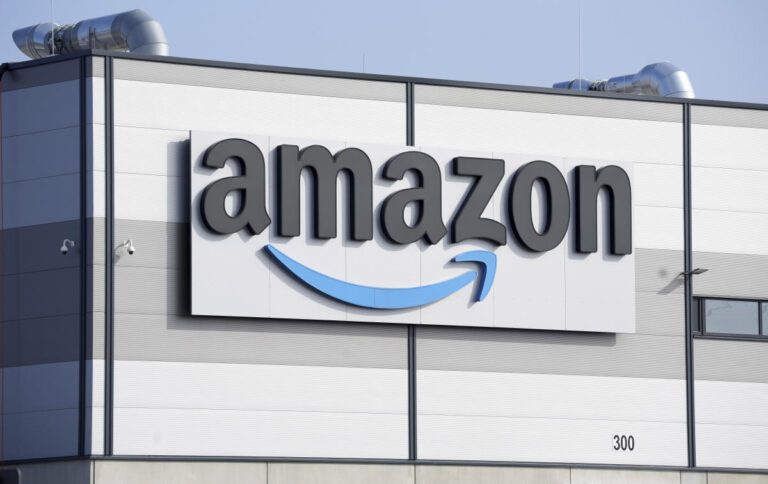Amazon’s quarterly results this week (AMZN) and Google parent Alphabet (GOOG, GOOGLE) has provided a playbook for the AI era to encourage investors to wait patiently for the results of massive infrastructure spending.
Alphabet Wall Street dazzled Tuesday with profits above analysts’ estimates in terms of revenue and profit, helped by strong growth in its cloud business. The company reported profits and sales up 37% and 15%, respectively, from the previous year.
Although investors have expressed some impatience in recent months with the tech industry’s huge investments in AI technology, Google has shown that a dominant performance of its main activity can alleviate these concerns.
Amazon also offered a resounding profit rate. The company posted earnings per share of $1.43 on revenue of $158.9 billion. Analysts were expecting earnings per share of $1.16 on revenue of $157.29 billion. This exceptional report helped to allay lingering concerns about rising capital spending.
Amazon CEO Andy Jassy said on an earnings call Thursday that “as the market matures over time, margins will be very healthy here in generative AI.” “.
Amazon said it plans to spend $75 billion on capital expenditures in 2024 and Jassy said the company plans to spend “more than that” in 2025.
The e-commerce giant’s approach to selling AI spending has also been helped by claims that new revenue has already arrived. Although Amazon did not disclose exact AI-related sales figures, Jassy said the AI business within its cloud unit has generated several billion dollars. And on Thursday, he added that the company is growing at a “triple-digit percentage year over year.”
But investors haven’t given all the top-spending tech companies the same leeway when it comes to increasing their capital spending.
Microsoft (MSFT) and meta (META) were encountered a more ruthless investor response this week, even as both tech giants beat Wall Street expectations for profits and revenue. Investors sent both stocks lower after their respective reports. Wall Street retreated after executives at both companies said they expected investment to continue to rise in coming quarters.
Notably, Meta said the company expects significant growth in capital spending next year and revised upwards its expectations for investments in 2024. Investor unease is reminiscent of Facebook’s earlier spending spree, when Reality Labs lost more than $13 billion and the company’s shares fell 60% in 2022. Zuckerberg has since improved the company’s finances and its standing on Wall Street, but he also sparked backlash . new round of nervousness.

